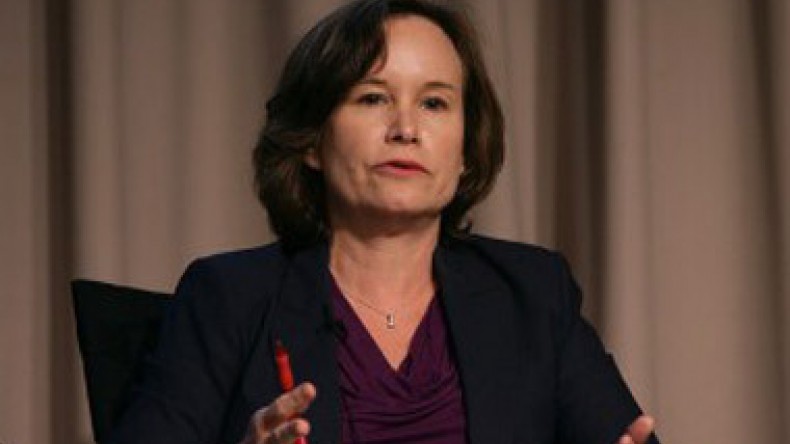
Caroline Freund: Most difficult issue for Armenia is rise in tariffs that CU requires
Panorama presents an interview with Dr. Caroline Freund, expert in international economics, senior fellow at the Peterson Institute for International Economics. Dr Freund speaks about the risks that Armenia is facing on her way to the Customs Union.
Nvard Chalikyan: Dr. Freund, as you know Armenia is currently negotiating the terms of membership to the Russia-led Customs Union. Armenian economists have identified a number of challenges in Armenia’s CU accession, among them a marked increase of prices for imported goods as a result of raised tariffs, suffocation of local producers by cheap flows of goods from CU countries, isolation from the external world and other issues. What major risks would you point out for Armenia on this path?
Caroline Freund: Economically, the most difficult issue for Armenia is the rise in tariffs that the CU requires. A large body of literature shows that openness to trade is good for growth. In addition, preferences on Russian goods in the face of high tariffs will allow imports from Russia to expand at the expense of other countries. This so-called trade diversion is bad for Armenia because consumers get higher priced goods (or they would have imported them from Russia when tariffs were the same across the board), but the country no longer receives tariff revenue from the goods it imports, since Russian goods enter duty free.
Perhaps the biggest issue is the potential for isolation, especially from the EU. By joining the CU with Russia, Armenia is placing its future integration with its Eastern neighbours, which may prevent it from joining supply chains and expanding export markets elsewhere.
N. C.: When Russia and Armenia joined the WTO, each of them signed accession agreements with WTO on different terms (for instance Russia preserved some of its protectionist policies while Armenia didn’t have any). When both countries join in a single customs union, which WTO standards (based on which agreement, according to which principle) are to apply? Can Armenia mitigate the above-mentioned risks by referring to its WTO membership?
Caroline Freund: Armenia can protect itself under the WTO, by refusing to raise bound tariffs. In WTO each country is responsible for its own concessions. Moreover, there is a WTO regulation that the CU shouldn’t increase the overall level of protection. This means that in principle a CU should converge on the policies of the lower protection member. If Armenia instead moves to Russian levels, other countries in the WTO could in principle object and demand compensation... The difficulty is that Armenia’s tariffs are not bound that low—so this may only work for some tariff lines.
The issue with Armenia however is that because of its relatively small size, other countries may not deem it worthwhile to initiate a dispute (it is costly), especially if they risk offending Russia.
N. C.: Do you think that Russia-led Customs Union/future Eurasian Union will move towards isolation (and rivalry with the EU) or that it will eventually have to come to common terms with the EU?
Caroline Freund: Over the next 10 years, I think it will be a competing union, and as a result isolating. After that I think there will be a strong incentive for broader economic integration and a common agreement will be reached.
The interview was conducted by Nvard Chalikyan
Newsfeed
Videos






























